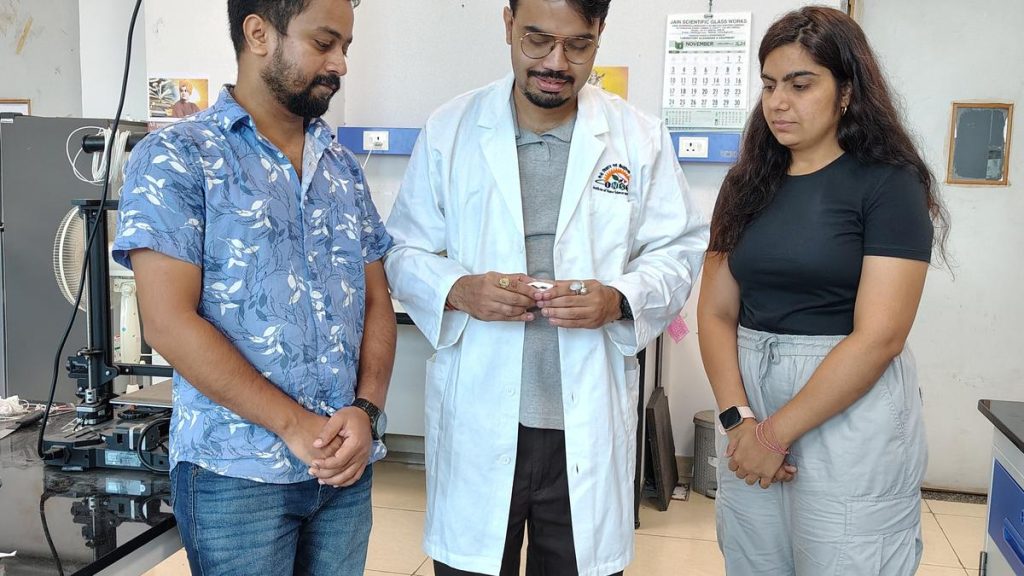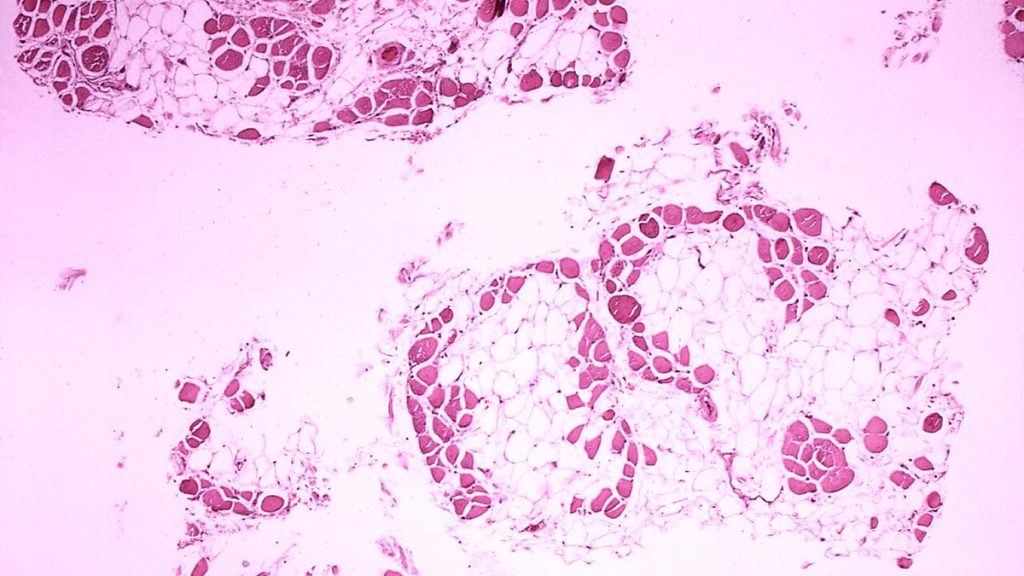Now Reading: Are Baby Gender Odds Really 50/50? Science Says Otherwise
-
01
Are Baby Gender Odds Really 50/50? Science Says Otherwise
Are Baby Gender Odds Really 50/50? Science Says Otherwise

Quick Summary
- A study challenges the common belief that the chance of having a boy or girl is purely determined by sperm and always 50/50.
- Researchers at Harvard University analyzed data from over 58,000 mothers in the US across two maternal health studies.
- Women who were older than 28 at their first birth had a statistically higher chance (43%) of having children all of one sex, compared to younger women below 23 years (34%).
- No other maternal traits studied (e.g., height, BMI, race, blood type) showed any correlation with child sex distribution.
- Potential biological explanations include changes in menstrual cycle length and vaginal pH with age affecting sperm viability.
- Behavioral factors, such as planning family size by older mothers after having children of one sex, might also contribute but require further research.
Image Caption:
A woman’s age may determine whether she has only sons or daughters.
Photo Credit: Marko Pekic/Getty Images
Indian opinion Analysis
the findings offer new insights into how maternal age can influence child sex probability within families. While traditionally perceived as random or determined solely by male sperm chromosomes (X/Y), this study broadens our understanding to include possible biological shifts linked to age. For India-a country where family planning policies and societal pressures sometimes emphasize producing children of specific sexes-the interplay between biology and such preferences could hold meaningful implications.
Neutral enforcement through education on scientific findings like these may empower women to make informed reproductive choices without undue socioeconomic pressures. Further research examining local environmental conditions alongside behavioral differences becomes critical in exploring whether similar trends exist among Indian families. Understanding these dynamics may ultimately enhance public health approaches toward gender balance within communities.



























